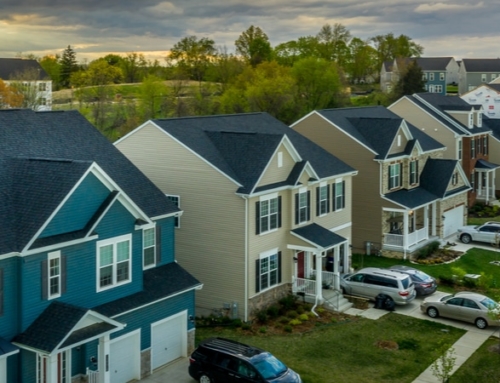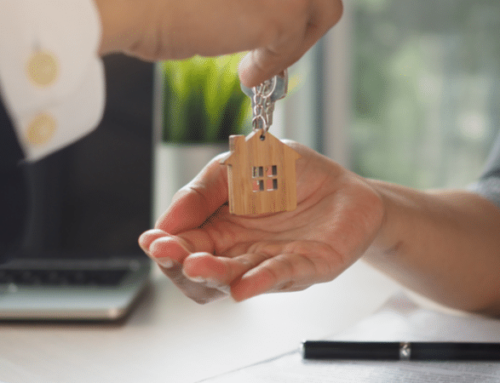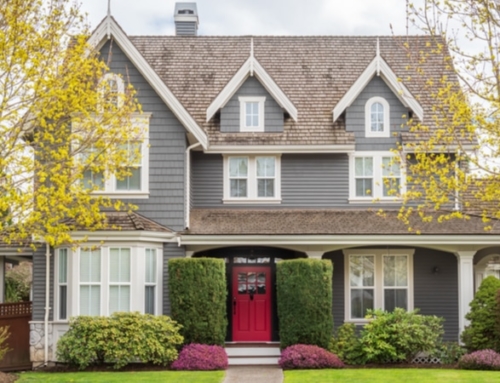In the past couple of months, mortgage interest rates have continued to inch down. As this story went to press, the 30-year mortgage interest rate stood at just over 5.1 percent, a 45-year low.
But with Federal Reserve Bank chairman Alan Greenspan’s recent pronouncement that the economy is now poised for growth, one wonders what will happen to interest rates and, as a by-product, the housing industry, by the end of the year.
According to David Lereah, chief economist for the National Association of Realtors, an industry trade group with nearly 900,000 real estate agents and brokers as members, interest rates should remain low through 2003 due to the current weak economy.
“The Federal Reserve is poised to lower rates again if they have to,” Lereah says, noting that Greenspan has said several times that the Federal Reserve’s board of governors is concerned about deflationary pressures.
“My interest rate forecast is for rates to hover at today’s 45-year lows, around 5.34 percent (for the next few months) and modestly climb to 6 percent by the end of the year,” Lereah says, adding “If I’m wrong, it’s because interest rates will go even lower – maybe we will see a 5 percent 30-year mortgage rate if the Federal Reserve lowers interest rates again.”
These super-low mortgage interest rates have not only kept the housing market propped up, but moving forward full steam ahead.
At the beginning of June, Freddie Mac, a stockholder-owned corporation chartered by Congress in 1970 to create a continuous flow of funds to mortgage lenders, released its quarterly Conventional Mortgage Home Price Index.
The index found that home values increased by an annualized rate of more than 5 percent in the first quarter of the year. That means a home priced at $100,000 would be worth more than $105,000 at the end of the year, contributing significantly to the homeowner’s equity and net worth.
“The rise home value continues to add to homeowner equity across the nation,” notes Frank Nothaft, Freddie Mac chief economist. On the other hand, super-low interest rates “makes buying and owning a home more affordable to a larger number of families.”
According to the Freddie Mac Index, homes located in the Pacific States, rose at an annualized rate of nearly 8 percent, followed closely by the New England States, which rose at an annualized rate of 7.5 percent. But homeowners in the mountain states showed only meager home appreciation at an annualized rate of 2.5 percent.
The question on everyone’s mind is what happens to the housing market when rates inevitably rise? Economists Lereah and Nothaft believe that the refinance boom will run out of steam later this year, as interest rates start to rise.
That could be a dangerous turn for the economy, since homeowners who refinance are typically saving a tremendous amount of money, which they are supposedly spending to prop up the economy, or taking shorter-term loans to save even bigger money in the future by paying off their loans sooner.
“In the past six months, the market share of 15-year mortgages has doubled from 10 to 20 percent,” Lereah explains. “For people that take out mortgage with shorter terms, they are saving for the future. But you also have to recognize that as their equity builds in their home, they will spend some of the unrealized gains on goods and services, so there is some positive psychological effect.”
Lereah says that NAR surveys have discovered that for every dollar people take out of their homes, they spend between 10 to 18 cents on goods and services.
“It’s a real mix of what they do with their money, including saving for college, trading up, buying, and renovating,” he adds.
But when the refi boom drops off, fewer homeowners will be converting mortgage money into spendable cash.
“The housing wealth effect will diminish, inhibiting consumer spending a bit,” Lereah explains. He does believe that interest rates will stay low enough to encourage people to purchase homes.
“The housing sector should remain healthy for the remainder of the year, but the jobless recovery is not great for housing because (a lot of people) aren’t working and making money,” Lereah says.
But like many economic forecasts of the last few years, Lereah believes the U.S. economy will be in full recovery mode by the end of the year.
If it happens, it will be just in time for the 9 million who are unemployed to get jobs and take advantage of some of the lowest interest rates in 40 years.
May 19, 2003.






Leave A Comment